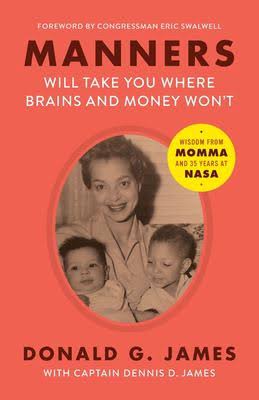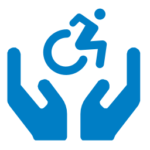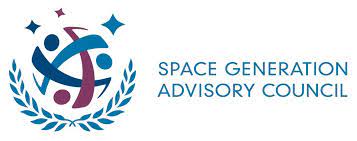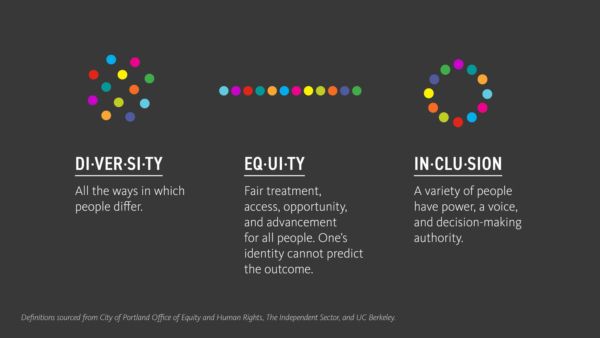… is to provide an agreable environment for leading research and effective learning. With a multidisciplinary approach, we aim to embrace inclusion, diversity and equity as key values to foster everyone’s personal development. We believe that higher education should be a place for not only creating and providing new quality knowledge, but also an integral asset of nowadays’ human society, where their citizens may freely develop their skills.
Values in our lab are of paramount importance. We are fully committed to creating a leading research group which incorporates inclusion, diversity and creativity as key resources for improving science. Manners will take you where brains and money won’t.
Donald G. James was appointed NASA’s Associate Administrator for the Office of Education since 2014.
In this position, James is responsible for developing and implementing NASA’s Education programs that strengthen student involvement and public awareness about its scientific goals and missions. In this role, he leads the agency in inspiring interest in Science, Technology, Engineering and Mathematics,what is known as STEM studies.
I met Donald as I was a participant of ISU SSP09 Postgraduate Program at NASA Ames Research Center (California, USA) and he was its Education Directorate Director. I eagerly identified him as a role model as space professional and as a person. Humble, yet greatly successful in putting people together in a very complex and multinational context. He even helped us then in finding a way to attend an FC Barcelona football match in the San Francisco 49’ers Stadium.
His motto “Manners will take you where brains and money won’t” summarizes his experience of more than 36 years at NASA overcoming many carrier hurdles. It is my understanding that Donald’s “Manners” is a word which expresses how important personal Values are to accomplish your career goals in a civilized and friendly way with your peers and colleagues.

To ensure that the student body entering and graduating from European higher education institutions reflects the diversity of Europe’s population, improved access and completion rates by disadvantaged and underrepresented groups should be targeted. To this end, national authorities and higher education institutions should:
We currently work with the Office of Inclusion of UPC providing mentorships within UPC and also providing mentorship at SGAC, the Space Generation Advisory Council network of space students and professionals.
Equity is about creating fair access, opportunity, and advancement for all those different people. It’s about creating a fair playing field, to use a familiar metaphor.
Diversity reffers to all the many ways that people differ. We may conceptualize diversity as an embodiment of a group’s composition, likely made up of many or all of the diversity types listed above. It’s a composite of the various differences represented—and talking to each other—therein.
We are looking into what role Creativity plays in Engineering, usually underplayed in Higher Education. We believe this is a major asset for any researcher.
Creativity is the ability to create connections between seemingly unrelated things – an inherent feature of a good Programmer.
In our research (See Paper#5 in the Engineering Education section) we have found that first-year students from an Engineering introductory course of programming who are highly creative are capable of acquiring complex programming skills.



Inclusion by Design: After “Insights from Design Week” by Gensler (Portland)